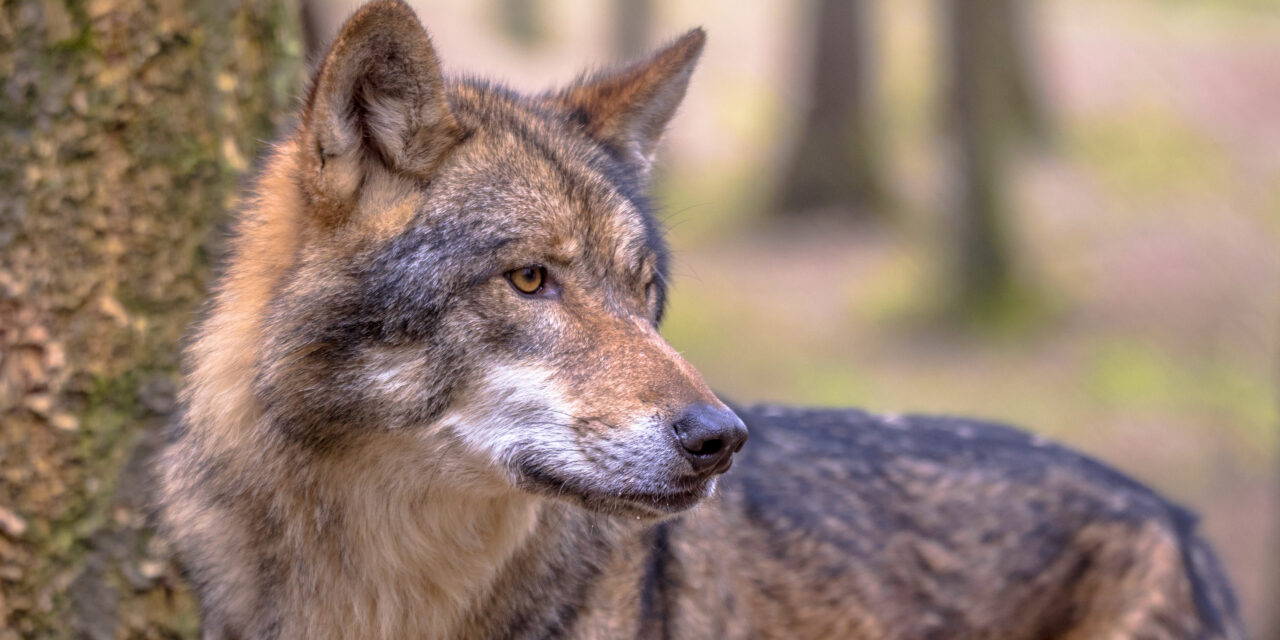The European Commission (EC) has put forward a proposal to suggest a change in the status of wolves from ‘strictly protected’ to ‘protected’ under the Bern Convention, with the final decision resting on member states’ votes. This proposal, seemingly motivated by political gain, disregards scientific evidence on coexistence and EU citizens’ preferences.
This move could severely jeopardise the efforts made for the recovery of wolves in the EU, as it would give Member States more flexibility to allow the culling of wolves, further threatening their populations, which are critical for the protection of ecosystems. In the last decade, recovery efforts have resulted in a 25% increase in wolf range, with wolves now present in all mainland Member States. This success, however, remains fragile with 6 out of the 9 transboundary wolf populations in the EU not yet reaching a favourable conservation status.
Today, there is an estimate of 20,000 wolves in the EU, a stark contrast to the 86 million sheep reared. Between 2012 and 2016, the annual number of sheep compensated because of wolf depredation corresponded to 0.05% of the over-wintering sheep stock while the risk of attacks on humans is very low, as wolves usually move away when encountering us. As evident by the analysis published alongside the proposal, prevention methods have proven effective. In Germany, where wolf numbers increased the most, the number of livestock killed or injured fell by 15% in 2021 thanks to preventive measures.
This decision also goes against the opinion of the EU’s inhabitants of rural areas, who have highlighted their broad support to protecting wolves and large carnivores: in a recent survey among 10,000 Europeans in 10 Member States, 68% stated that wolves should be strictly protected and 72% agreed that they have a right to co-exist.
This is supported by the EC’s analysis in which 71% of participants favoured the strict protection status of the wolf. Importantly, 65% of farmers support this strict protection, while only 1 in 3 farmers (33%) feel well-represented by farming interest groups and only 46% of hunters feel well represented by hunting interest groups, questioning the appropriate representation of rural populations in EU policy-making processes, which is often heavily influenced by such groups.
The proposal is also in contradiction with the European Commission’s consistent stand for coexistence. The current protection status of wolves was still defended by the EC during the September 2022 AGRIFISH meeting, as well as at the 42nd Standing Committee of the Bern Convention, in November 2022. The EC also reiterated a strong commitment towards large carnivores’ protection in March 2023.
The decision comes just days after almost 300 NGOs urged the EC to base its protection decision on scientific evidence. If adopted, the proposal could then be voted by Bern Convention parties at the next Standing Committee meeting in December 2024.
(Source: press release @Eurogroup for Animals)




